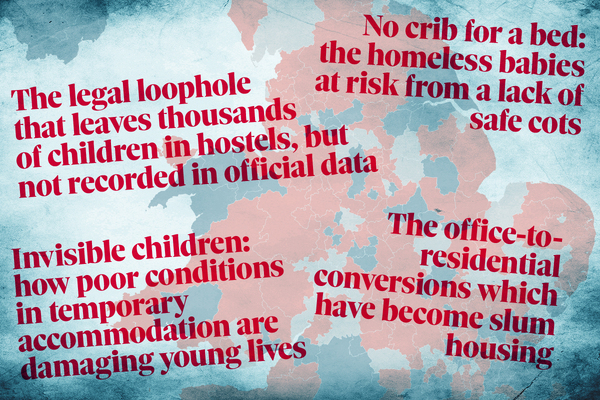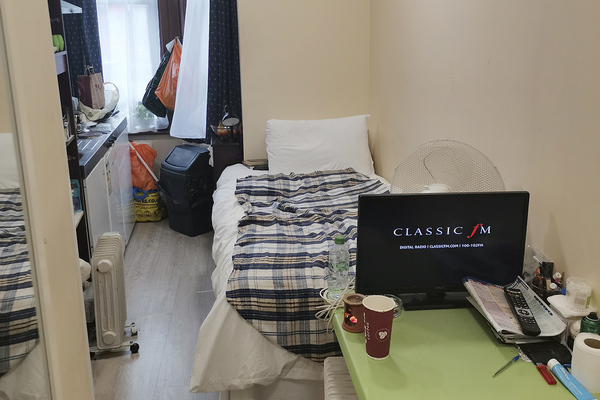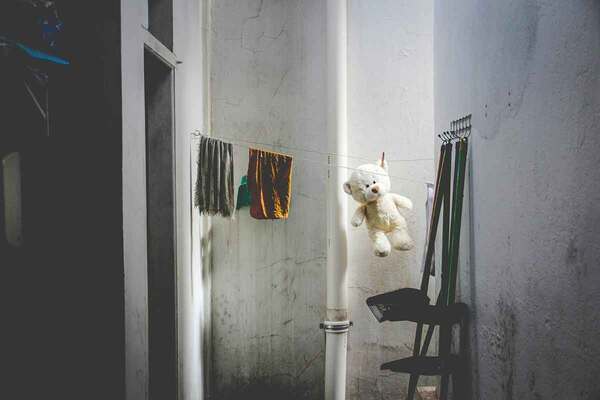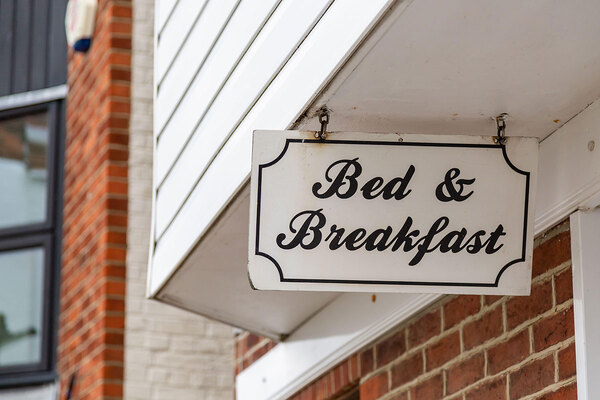Robbing Peter to pay Paul – learning lessons from past efforts to address the temporary accommodation crisis
Trying to improve temporary accommodation living standards will never be a long-term solution without also increasing the supply of affordable housing, writes Ashley Horsey
I read with interest the recent Inside Housing comment piece by Stephen Timms MP addressing the latest temporary accommodation crisis and asking the question: could social impact investing help? And in doing so, I cast my thoughts back to two or three of the key moments in my 35-year-plus housing career, which has been focused on addressing a homelessness and temporary accommodation crisis.
First of these key moments was the boom in private sector leasing. There was a period of growing realisation that traditional local authority temporary accommodation – be it B&B hotels, hostels or in some cases hard-to-let council stock – was being silted up as the initial impacts of the Right to Buy and the switch in mainstream social housing funding from councils to housing associations really started to bite, reducing the supply of new homes available for households facing homelessness.
So, what happened? Councils and housing associations leased and let private sector stock, securing their use for their client group and starting that process of nibbling available stock away from the private rented sector, and so too from some first-time buyers and homeowners. A growing breed of temporary accommodation landlords started to emerge, building property portfolios and working almost exclusively with this group.
The 1990s leasing boom – driven by need, built upon supportive grant regimes that enabled the funding of upgrade works – sought to improve housing conditions. But the demand meant that in some cases quality was too often squeezed to achieve quantity.
Secondly, having made a splash in private sector leasing, I ended up working with Louise Casey and latterly Terrie Alafat as head of the 2001-2005 Labour government’s Bed & Breakfast Unit, delivering another manifesto commitment recognising the temporary accommodation crisis of that time – the tens of thousands of families with children living in one or two B&B rooms for month after month after month. All of this seems sadly too familiar again now.
As I had done previously, I found myself trying to address the symptoms of the problem. First was to produce legislation to make the use of such accommodation illegal for anything beyond six weeks with children; a fantastic piece of parliamentary drafting by my then-colleagues that I fear has never actually been used in the 20 years since. Why? Because of the real-world reality of, “OK, so where else are we supposed to put these families?”
“We encouraged and enabled local authorities to increase fishing in the private rented sector”
Alongside that was £40m of additional government grant to local authorities to help boost alternative temporary accommodation models. We encouraged and enabled local authorities to increase fishing in the private rented sector: more leasing, and more deals with landlords and agents to supply more private sector homes for more public responsibility households – incentivising landlords and property owners, and squeezing still further anyone wanting to rent ‘normally’.
And, of course, for every successful statutory homeless household who moved in to better-quality self-contained temporary accommodation and out of B&B hotels, that’s a possible home not available to a huge list of other public and social sector bodies also chasing private rented sector placements for their client group.
A key point with both my time in the private sector leasing scheme and at the Bed & Breakfast Unit was we knew we were not solving or stopping homelessness – we were making it better (or so we hoped) for those enduring it at that time. But ultimately we knew more homes were needed, because unless you have people in large numbers moving out of temporary accommodation and into long-term stable homes, you will never satisfy the needs of the large numbers coming in to the system.
And now, to bring this tale to an end, and back to Stephen Timms – someone with a long and proud track record in support for housing – I was part of the founding team for Local Space in 2006, a new housing association set up in Mr Timms’ back yard in partnership with Newham. The council at the time was the single biggest user of temporary accommodation, and recognised homelessness was not going to be solved in the near future. So why continue to pay money on a three-year cycle to private landlords and agents only to have to renegotiate and increase payments three years later?
But while Local Space did fantastic things to improve quality and provide longer-term stability for homeless households, these were not newly commissioned, newly built homes, increasing the overall housing stock to meet needs. No, instead we did what I seem to have done throughout my housing career: robbed Peter to pay Paul, buying and acquiring the best-quality stock that we could afford on the open market to meet people’s needs – securing them for homeless households, but snatching them away from the mainstream PRS or private home-buyers.
“Our much-vaunted incentives or bulk purchase deals are just making that small pond that little bit smaller each time”
Back to social impact investing – something I am engaged in to some degree in my current role at Commonweal Housing. For the most part, it is still like rearranging the deck chairs on the Titanic – individual funds and projects will do fantastic stuff securing and acquiring housing for particular client groups. That is genuinely to be applauded but, as I believe to have been the case over much of my career, every success is probably another home that has been made that much harder for other public and social sector colleagues to access for their equally in-need client group.
This is all quite apart from the generation renters – our much-vaunted incentives or bulk purchase deals are just making that small pond that little bit smaller each time. It is important and should not be shunned – any improvements in quality, security or availability for those most in need is a good thing, but such initiatives will never be the solution.
Build more homes, build more socially affordable homes – that is the only solution. Now the general election is upon us, let us hope that simple message comes across over the next few weeks.
Ashley Horsey, chief executive, Commonweal Housing (writing in a personal capacity)












